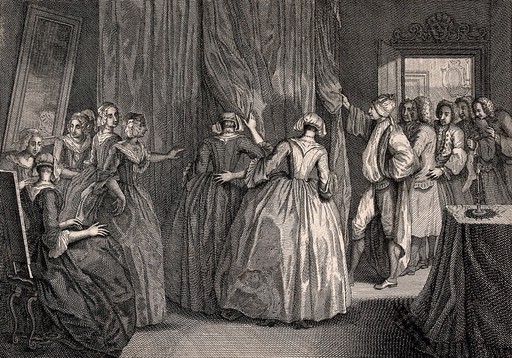Remember when we learned that Wikipedia was a target of widespread NSA surveillance? Wikimedia Foundation challenged the NSA program siphoning communications directly from the backbone of the Internet in the court. Today in France we may face a similar issue in the form of a new antiterrorist law that would add a grave threat to privacy to the censorship of the Terrorist Content Regulation.
Protecting Wikipedia from mass surveillance
In May 2013 Edward Snowden revealed the existence of several American and British mass surveillance programs. The Wikimedia Foundation and other non-governmental organizations such as Amnesty International and Human Rights Watch have filed a complaint against the NSA, accusing it of violating the first and fourth amendment of the American Constitution, and of having “exceeded the authority conferred on it by Congress”.
As a result, on June 12th 2015, the Wikimedia Foundation announced the use of the HTTPS communication protocol for all Wikimedia traffic, with a view to countering the mass surveillance exercised by the NSA, which took advantage in particular of the inadequacies of the non-encrypted communication protocol.
Now, over to France
The new proposed French anti-terrorism bill fits well in the mass surveillance trend, attacking fundamental rights of online users. Presented by the Minister of the Interior, Gérald Darmanin, on April 28, it proposes a number of security measures inherited from the state of emergency of 2015 and the law of 2017 on internal security and the fight against terrorism. It also validates tools such as “black boxes”, responsible for detecting terrorist threats using user connection data, while expanding their use.
Read More »Wikimedia France: new anti-terrorist bill exposes users to mass surveillance











